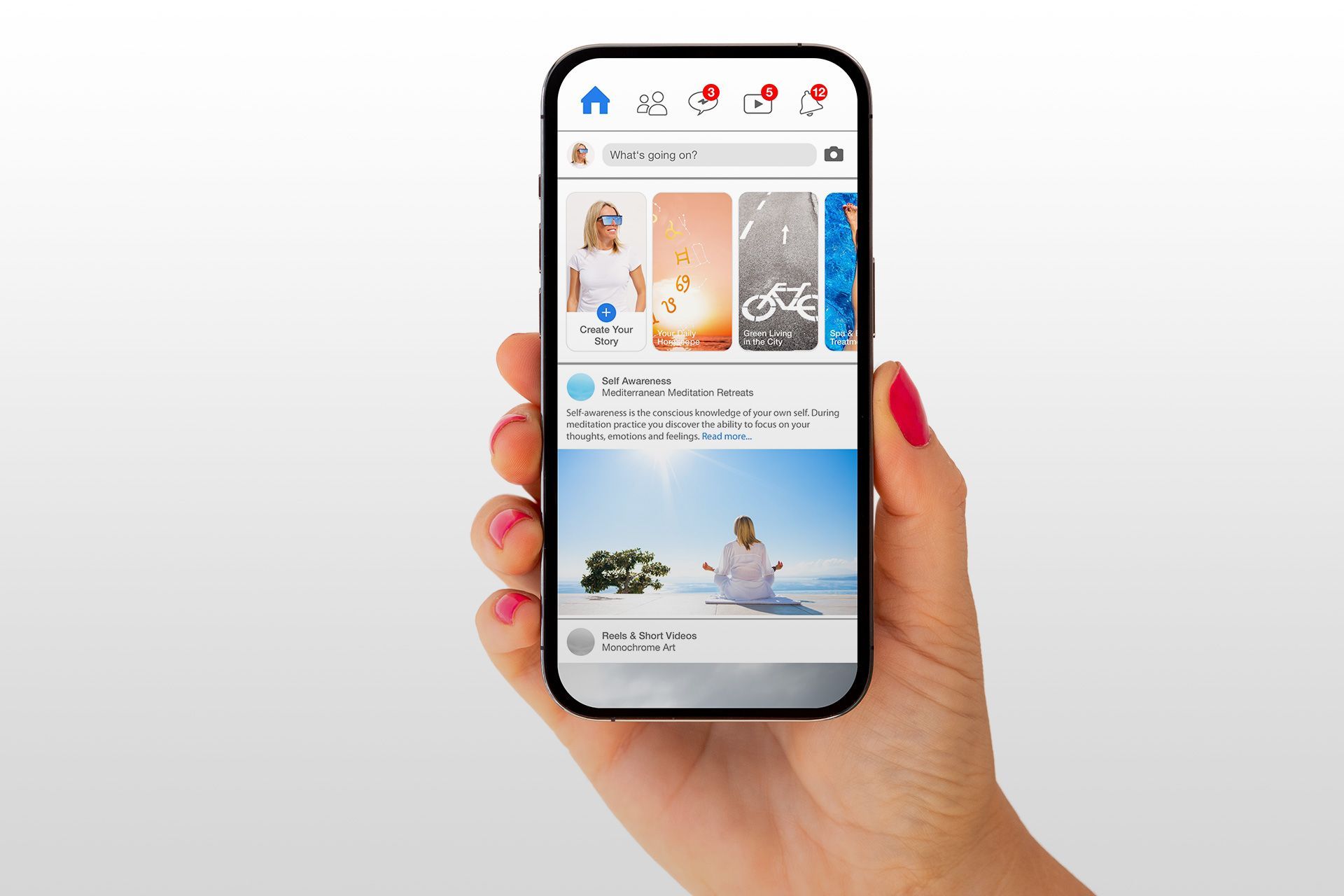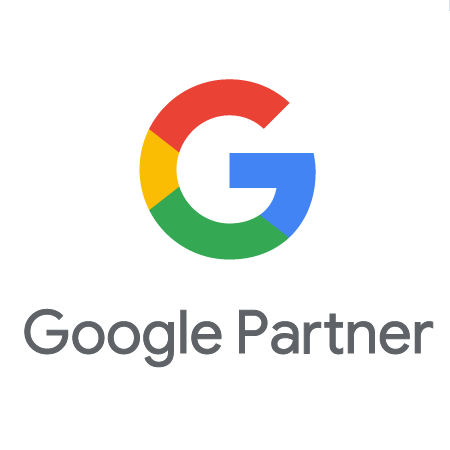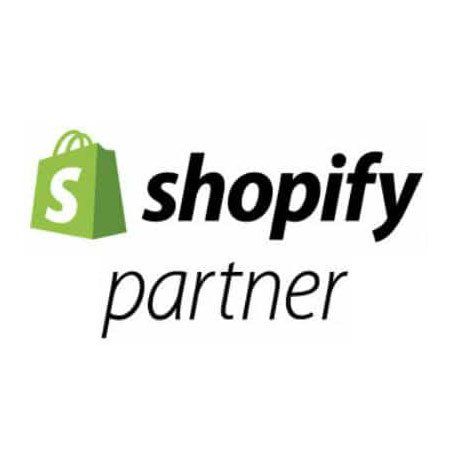Is ChatGPT the Future of SEO?

In the vast ocean of digital technology, a new island has appeared on the horizon—ChatGPT. Catching the eye of tech enthusiasts and the search engine landscape alike, the potential influence of this novel AI-driven entity on Search Engine Optimization (SEO) is garnering significant attention. And rightfully so.
But before we all jump on the hype train that is ChatGPT, we need to take a closer, objective look. Let’s decode what ChatGPT is all about and how it might shape the future of SEO.
To AI or Not to AI: Using ChatGPT for Content Creation
The prospect of utilizing AI-generated content is undoubtedly tempting for many site owners. ChatGPT, with its capacity to create engaging content, seems like an appealing choice. But does the solution come with a hidden price?
Google’s Helpful Content Updates underscore the importance of “original, helpful content written by people, for people” in search results. In other words, it hints at an unwelcome reception for AI content. It’s likely that using AI-generated content for ranking might require substantial human intervention and revision to avoid detection and deindexing by Google. More on this later.
What Is ChatGPT All About?
ChatGPT, the wonderchild of OpenAI, isn’t your everyday chatbot. By harnessing the power of artificial intelligence, ChatGPT is capable of generating conversationally apt responses in a human-like manner. The spectrum of its capabilities spans writing comprehensive essays, providing insights through research, translating text, and a whole lot more.
Its grammatical prowess aside, is it destined to dethrone Google as the king of search engines? Unlikely. And there is a whole slew of reasons why. Nevertheless, its formidable presence is sure to leave an indelible mark on the search engine landscape.
The Role of ChatGPT in the Future of Search Engines
A seemingly insatiable thirst for all things tech has catapulted ChatGPT into the spotlight, prompting a stirring in the strategic thinking among search engine platforms. Bing, in particular, which has long been overshadowed by Google’s towering presence, has seized this moment to revise its game plan.
Owing to its strategic investment in OpenAI since 2019, Bing has managed to secure an opportunity to integrate AI chatbot technology into its search engine platform. Having launched earlier this year, Microsoft’s overhaul of Bing served as a catalyst that officially transformed Bing from the perennial underdog to a serious competitor.
With the introduction of Bing Chat, the search engine boldly touts AI technology to capitalize on the heightened interest in chatbots, thereby redefining user experiences in the search engine realm. Of course, Google isn’t about to play second fiddle to anyone. Thus enters Bard, Google’s answer to the “new Bing.”
It’s all rather telling of the industry, is it not? Companies will continue to vie for top dog, all while doing so on the back of Artificial Intelligence. This impending battle leads us to ponder a pressing question: What are the implications for SEO and the crucial factor of organic rankings?
Adapting SEO Strategy to the Dawn of the Chatbot Era
The attraction of chatbots lies in their unique ability to harness artificial intelligence and natural language processing to deliver digestible, user-friendly information. It’s as though chatbots have managed to unlock a code, enabling them to package complex data into simple conversational responses.
This ability to “converse” and “connect” has struck a chord with users, leading to their increasing popularity. Recognizing this trend, Google has been tapping into the powers of machine learning and natural language processing via its search engine technology, MUM.
It’s Google’s way of trying to strike the perfect balance between harnessing technology and enhancing user experience, all while keeping up with emerging trends. And yet, for content creators vying for better search rankings, Google works hard to bar anything created by AI.
It all seems a bit silly, doesn’t it? Google is essentially saying, “Here, use our AI. But don’t you dare use our AI for your benefit?” Which is it? And what does this mean for writers, creators, and consumers? At present, it’s meant a reliance on AI Detection software.
The Fallacy of AI Detection Software
In the sphere of digital content, the whispers about artificial intelligence detection software have certainly gotten louder. This software, it’s said, can sift through content and distinguish between human-created content and AI-generated content. However, just like any tale that spins out of control, this narrative also needs a reality check.
AI detection software, while a fascinating concept, isn’t quite as foolproof as it’s often made out to be. Despite its promise, it has several pitfalls. For starters, artificial intelligence and human intelligence, while vastly different, share some commonalities when it comes to generating text.
Both rely on similar constructs of language, syntax, and context. Consequently, distinguishing between content generated by humans and AI is not a straightforward process. It’s akin to identifying a needle in a haystack—not impossible, but certainly challenging.
What’s more, talented writers are often forced to limit their writing acumen to ensure their content passes AI detection. You read that right. A writer who has honed their craft over many years can dump an expertly written composition into AI detection software, and in many cases, it will detect it as being written by AI.
Thus, the writer must scale back their writing to get it to pass because the software is still very limited. If it’s too good, it’s knocked as AI. But if the standard of writing is considerably lower, it will likely pass.
And that’s the norm we’re currently seeing when it comes to SEO and ChatGPT. It’s not a very enviable position to be in, which further cements the fact that ChatGPT isn’t the future of SEO. It’s not all bad, though. Chatbots can have a very valuable place in the grand scheme of things.
Adapting SEO Strategy for the Chatbot Era
Chatbots are alluring due to their ability to leverage artificial intelligence and natural language processing to deliver information in a user-friendly, natural format. Google, too, has been harnessing the power of machine learning and natural language processing through MUM, its search engine technology, and now Bard.
Considering the increasing influence of chatbots, SEO strategy needs to adapt. High-quality content that reads naturally will hold the key to staying ahead of the curve. The problem, as we’ve pointed out, is that “naturally” is highly subjective, and it evidently doesn’t mean the same thing to humans as it does to a computer.
With this in mind, for now, it looks like a good
SEO strategy for businesses should focus on delivering more informational content and addressing frequently asked questions in an engaging manner. After all, user-friendly content continues to be Google’s priority, as evidenced by their Helpful Content Updates. If you can’t avoid the conflicts of SEO and AI, this could be a solid middle ground for your website.
The Future: Navigating Change while Keeping the User in Focus
As the digital landscape evolves, the temptation to reinvent the wheel is strong. However, the reality is that new technologies and algorithm updates are pushing the focus back to the basics—useful, engaging content that resonates with the user. Over-optimization for SEO might soon become a relic of the past. The way forward appears to be content that is optimized for the user first and the search engine second.
So, is ChatGPT the future of SEO? Perhaps not directly. But the waves it is creating in the digital ocean are compelling us to steer our SEO ships in new directions, ultimately benefiting the end user.
Disclaimer: The information on this website and blog is for general informational purposes only and is not professional advice. We make no guarantees of accuracy or completeness. We disclaim all liability for errors, omissions, or reliance on this content. Always consult a qualified professional for specific guidance.








